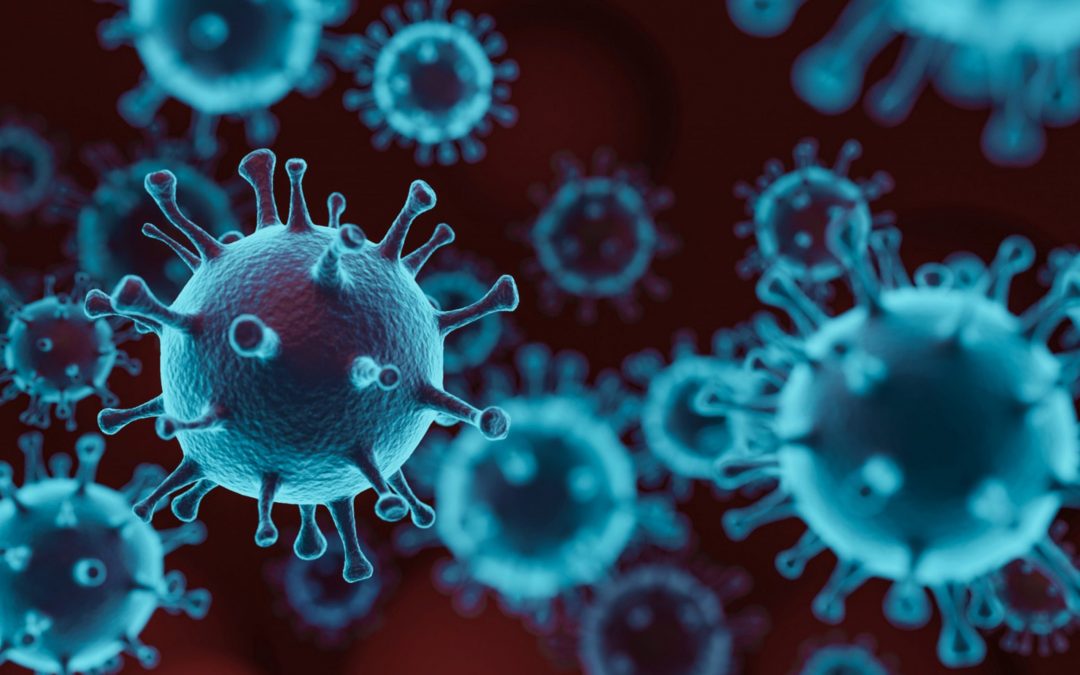The country has recorded 2124 confirmed COVID-19 cases and 28 deaths as of 23 July 2020. Mat-South has contributed a total of 341 cases to the overall positive cases.
There have been recent reports circulating on social media platforms involving smuggling of goods by funeral services drivers and cross border transporters. These are reported to be hidden as contraband in coffins carrying the remains of possible COVID-19 victims. This practice exposes not only the transporters, but also the families of the recipients of these goods who are in most cases disadvantaged rural communities. These could also be the source for the untraceable local transmissions in the communities. There is need for all stakeholders to safeguard life through following proper procedures of transportation of goods as well as handling of corpses. CYDT implores citizens to report such transporters as they are putting the lives of citizens at risk.
Dusk to Dawn curfew a challenge with the current transport system
In a bid to curb the recent spike of COVID-19 infections, the government this week imposed a dusk to dawn curfew running from 1800Hours to 0600 Hours. Young people from Mat-South have raised concern over this curfew citing transport challenges during this period.Citizens spend hours in long ZUPCO queues, thus they fear they will fail to reach home before the curfew starts.
The non-availability of private public transport also creates challenges for pregnant women and nursing mothers who need to access health services from clinics in rural Matabeleland South. ZUPCO buses are the only public transport allowed in Zimbabwe but it is not available in rural areas. All responsible stakeholders need to address these transport challenges affecting rural women through authorizing other players to help ease pressure on the ZUPCO buses which are failing to meet transport demand under the new imposed curfew restrictions.
Health system in need of urgent attention.
Citizens around Mat-South province seeking medical attention from health facilities are being turned away due to the absence of health service staff members who are on industrial action. This has resulted in many deaths in communities. At Phakama clinic in Gwanda, citizens seeking medical attention are made to queue outside the clinic with no social distancing being observed posing a risk to the citizens. Whilst Covid-19 infections are rising daily, government doesn’t seem to be doing anything or putting in measures to capacitate the hospitals.
Furthermore, there have been a huge number of front line workers testing positive to COVID-19. This is a result of inadequate PPEs for frontline workers that leave them exposed to the virus. Without immediate interventions, the health system is a ticking time bomb.
Parents have a role to play in mitigating adolescent pregnancies
In recent weeks, there have been reports of early and unplanned pregnancies among youths as the impact of COVID-19 continues to decimate through this demographic.
As a result of the extended lockdown which necessitated the closure of schools and universities, adolescents spend so much time at home. With so much time on their hands, they might be tempted some to engage in sexual activities as a past-time. This is complicated by the patriarchal traditional culture that makes it difficult for parents to discuss sexual and reproductive health issues with their children.
The net effect of this scenario exposes youth to difficult and challenging issues especially when they engage in sexual activities. Local cultures and traditions demand that children must model their behavior and choices on their parent’s advice. To this end, if parents were open enough to communicate and engage with their children on issues related to sexual and reproductive health, young people would be better prepared to deal with their sexual lives. While parent and child open communication alone cannot be adequate in eradicating child pregnancies, it can definitely play a pivotal role in reducing these unwanted pregnancies.
Remember to follow these tips proposed by the WHO to prevent getting infected with COVID-19:
- Clean your hands more often using alcohol based hand rub or soap and water
- Maintain social distancing
- Avoid touching eyes, nose and mouth
- Contact emergency COVID-19 numbers near you, if experiencing any symptoms related to the pandemic
Social Distancing Tips
- Shop alone, do not shop in groups
- Stay/Stand two metres away from other customers (especially in mealie meal queues)


Recent Comments